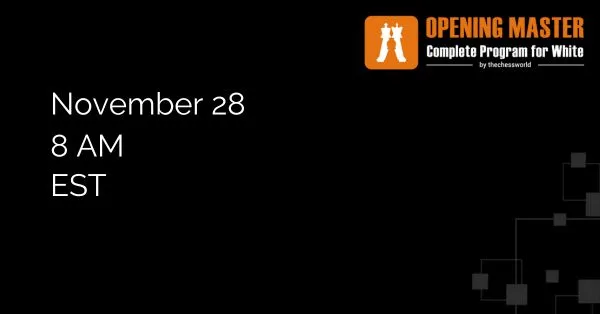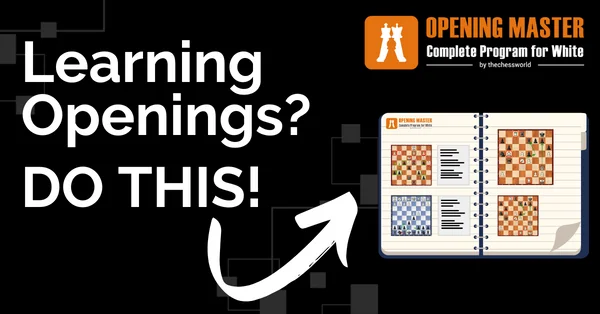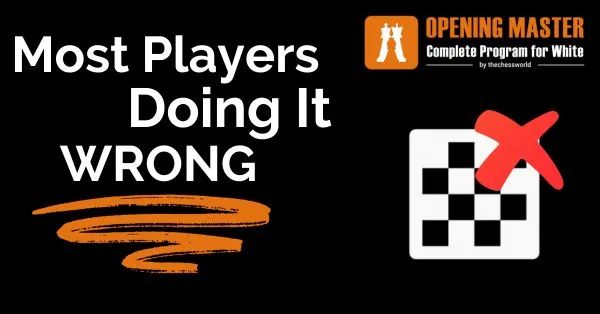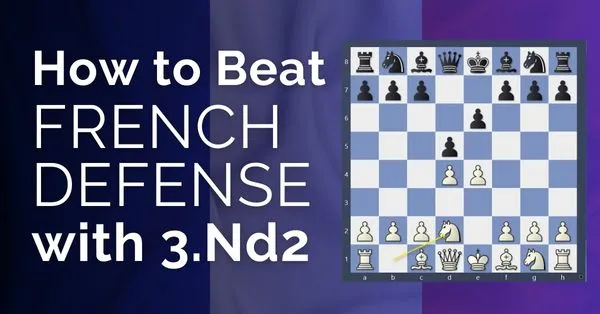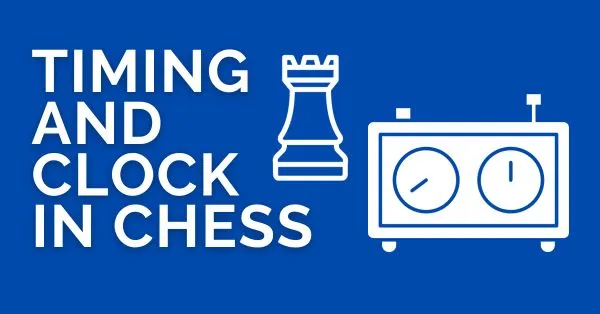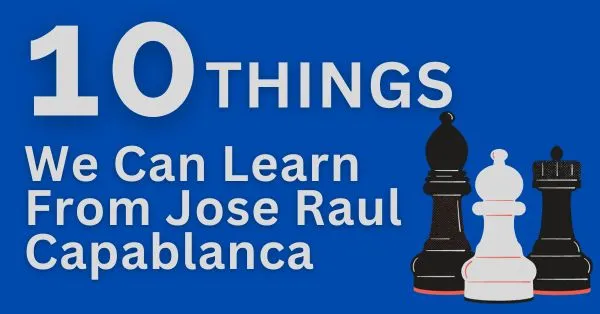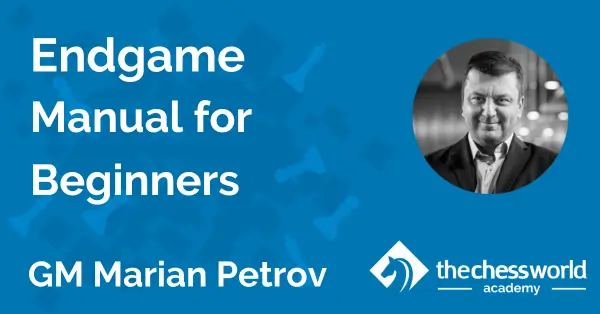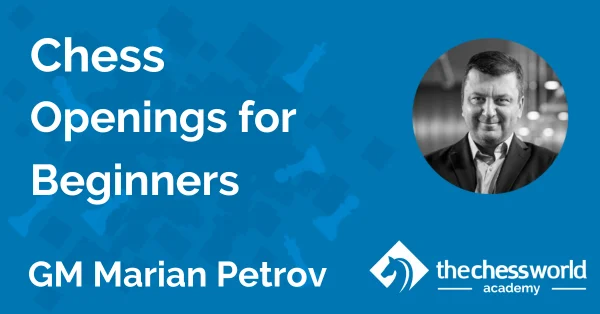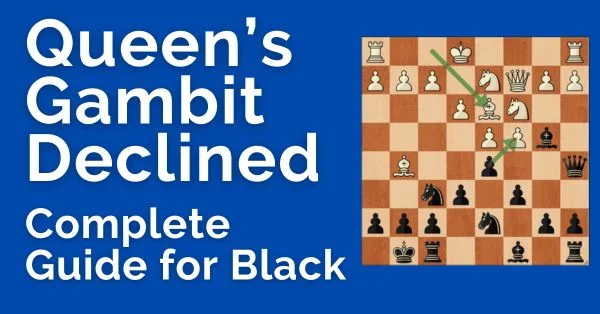Latest Posts - Page 6
Big update!
Tomorrow morning on Tuesday, November 28, at 8 A.M. EST, I’m unveiling something you’ll love, especially if your goal is to significantly enhance your chess abilities.
In a previous post, I outlined the three major challenges that typically hinder average chess players from excelling in opening play.
Quick recap, those are:
- Clarity: Which opening should you choose?
- Time: How can you learn them quickly?
- Memory: How can you recall the various lines effectively?
Do you know that over 70% of club players consider studying openings as ‘very important‘?
They spend on average 3-5 hours per week learning openings… And yet they improve by only 50-100 points per year (in a good case scenario).
How do I know all that?
The French Defense has become a popular choice of late among Grandmasters and club players. This opening affords great scope for imagination and creativity from both sides. White has numerous ways of tackling the French defense. From the enterprising Nc3 to the straightforward e5 each offers unique characteristics. A potent weapon against the French is the Tarrasch Variation (1.e4 e6 2.d4 d5 3.Nd2).
Time constraints are part of a chess game. The timing in chess for each move can vary wildly. It can range from a few seconds to a couple of days per move. The way we measure time in chess is through a clock. The clock in chess can be analog or digital. It can also be a physical clock or a virtual one (eg chess clocks online).
We are very close to finishing our long-awaiting Opening Master: Complete Training for White.
This is a complete opening preparation for White meticulously prepared by IM Milovan Ratkovic and the rest of the team.
A gentleman of the highest order with impeccable manners and a sublime personality. Jose Raul Capablanca was a master like none other. His manners and appearance were fully in keeping with the beauty of his play. His supreme understanding of the game amazed players of all ages.
Introducing: “Endgame Manual for Beginners” by GM Marian Petrov. Chess endgames might seem scary, but with the guidance of Grandmaster Marian Petrov, they become an exciting realm of possibilities. This 3-part video course is specially designed to guide beginners through the crucial moments when games are decided.
Let GM Marian Petrov guide you through this initial phase with his new course, “Chess Openings for Beginners,” and quickly gain confidence in every new game you play!
Queen’s Gambit Declined (QGD) is a timeless opening.
Every world champion from Steinitz to Ding Liren has played this opening.
This should tell us volumes about the depth and rich legacy of the QGD. It is an opening that gives you a solid foundation to use chess principles.

